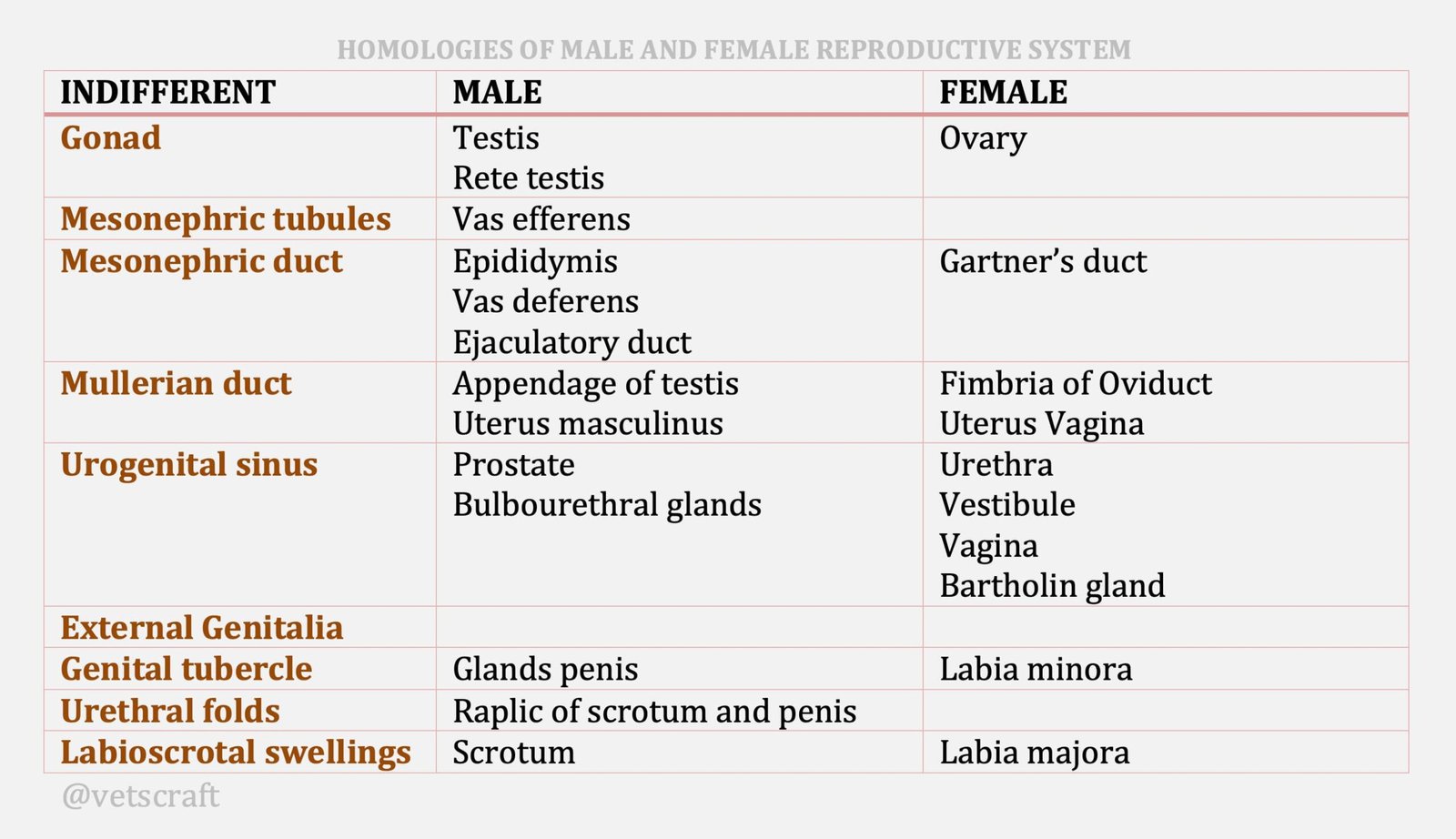TABLE OF CONTENTS
Management Causes of Infertility
Management causes of infertility are common causes for lowered infertility and repeat breeding in herds and must be differentiated from infectious form of infertility caused by Vibriosis and Trichomoniasis which are also herd problems.
The common managerial deficiencies leading to infertility are:
- Poor heat detection
- Improper time of insemination

The average length of the estrus period is 18 to 24 hrs and ovulations occur 12 hrs after the end of estrus period. Since, the sperm survivability is 48 hrs and the ovum survivability is only for 12-24 hrs, the sperms should be present in the female reproductive tract about six hours before ovulation for optimum fertilization. Therefore, the best time to do AI is 12 to 18 hrs after onset of estrus.
Heat Stress
The effect of stress on lowered bovine fertility is associated with high ambient temperatures of over 80°F for long periods in summer months. Under hot climatic conditions the duration of estrus was shorter and signs of estrus were reduced. High temperatures also resulted in depressed feed consumption and milk production. Similarly, lowered conception rates due to low fertilization rates and high embryonic mortality rates were also observed.
Improper Artificial Insemination Technique
In natural service the bull deposits the semen in the proper site, while in artificial insemination there are many possibilities for man to render infertile the bovine sperm cells.
These include:
- Improper extension, freezing and storage of fertile semen.
- Improper thawing of frozen semen.
- Insemination should take place promptly, within several minutes after thawing.
- Thawing semen and keeping it at 5° C or 40° F for an hour or more is very detrimental to sperm cells.
- Proper insemination technique should be followed
- Palpation of the ovaries during estrus should be avoided as it may result in rupture of the graffian follicle. Extreme caution should be taken to perform palpation in a gentle, skilled manner so as to avoid manual rupturing of the thin walled follicle.
Nutritional Deficiencies
The effect of nutrition, especially TDN intake and need for a positive energy balance for high fertility has been discussed in detail in this module under Nutritional Causes of Infertility.

